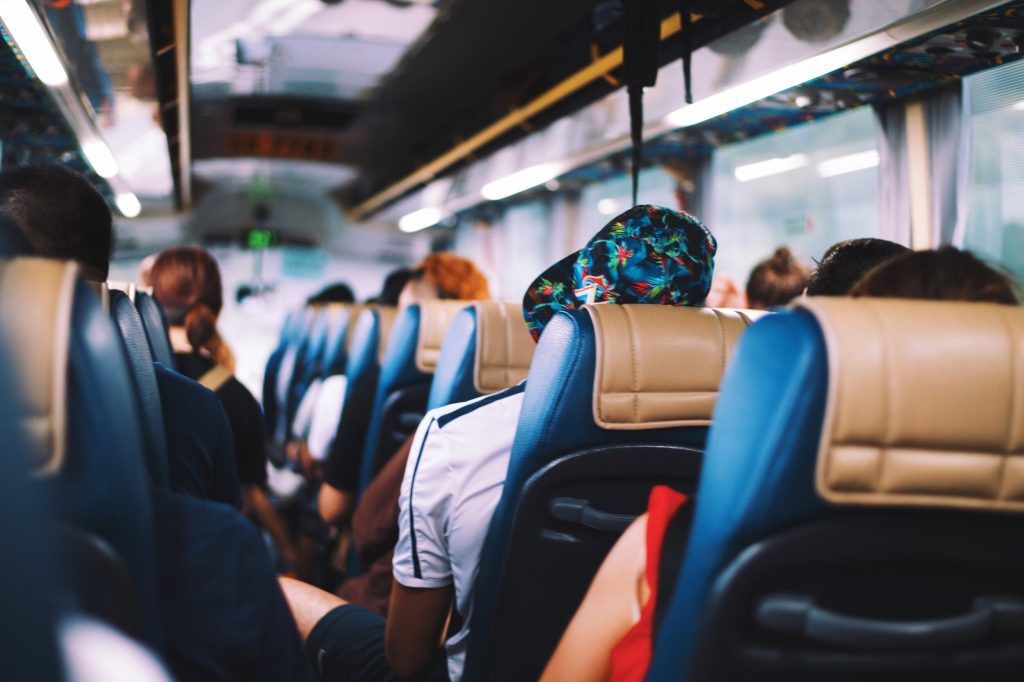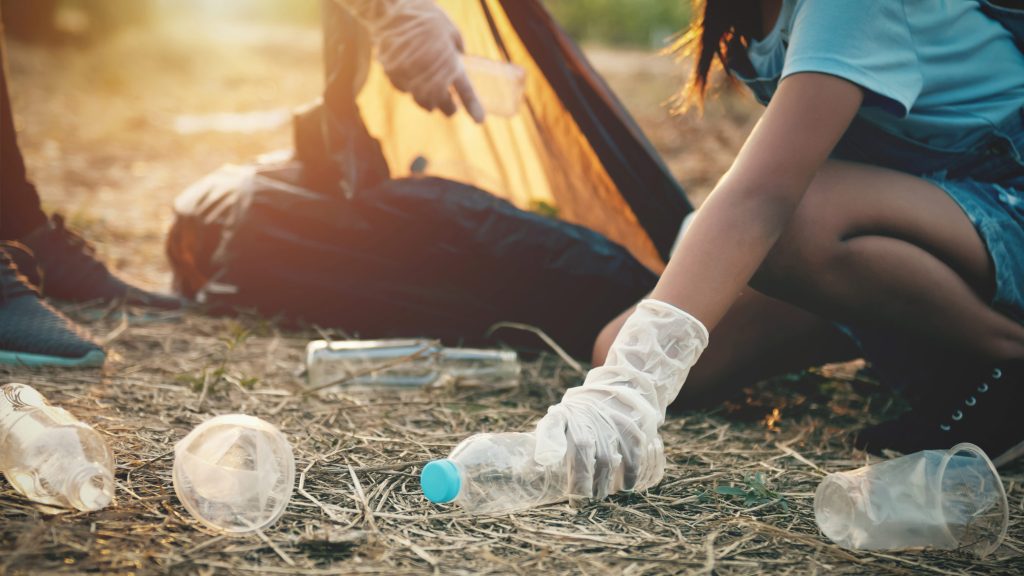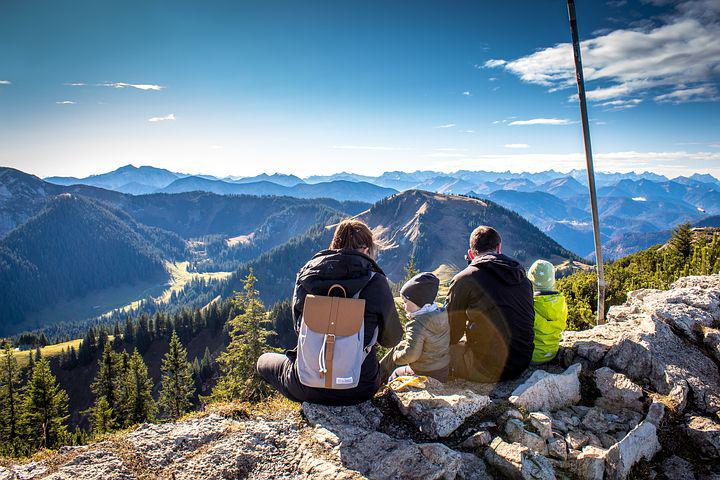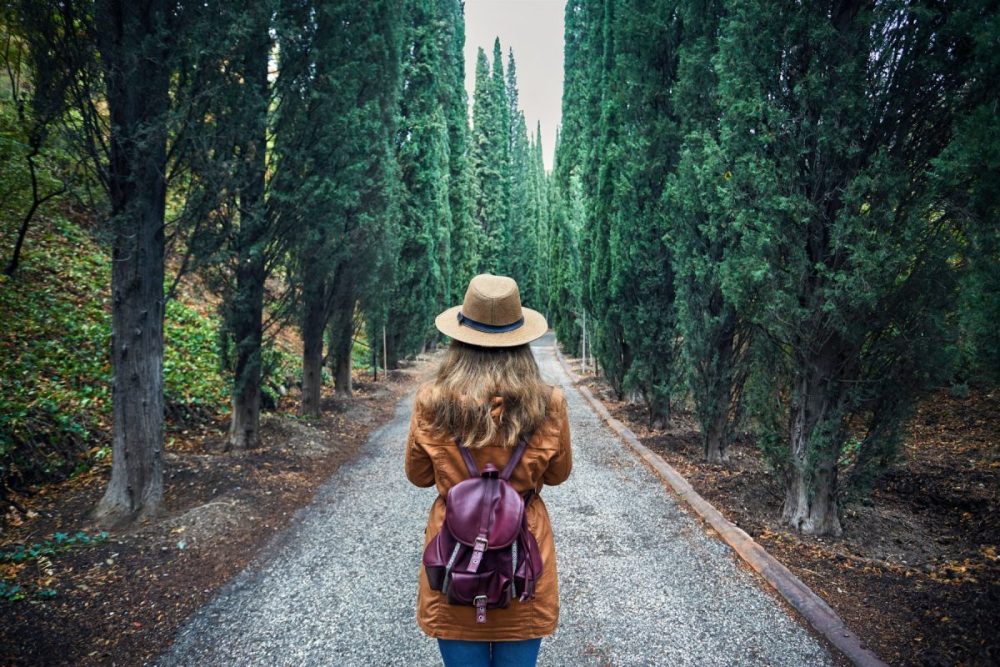Mindfulness in recent years has become a trend and a way of life. It influences our behavior, such as how we buy things and travel. Being conscious and mindful of how we travel allows us to make better decisions, become better people and care for our planet. It also allows us to appreciate our surroundings, experiences, and fellow travelers.
To help you on your quest for more sustainable travel, here are some tips:
1. Use public transportation

Source: theraplay4kids.com
This will cut down on greenhouse gas emissions and, as a result, reduce your carbon footprint. You will also be able to exercise! In addition to exercise, using public transportation allows you to walk a few distances once in a while. Walking gives you a better appreciation of what’s close by and visible.
2. Buy local
You can opt to buy directly from local farmers directly in your destination. As much as possible, support local businesses as they will also earn their livelihood. If you can, you can enroll in a local cooking class so that you’ll learn about local life. As a result, you will gain new skills, and you’ll be helping people earn a living.
3. Photograph respectfully

Source: unsplash.com
There are rules for taking photos, especially now that we live in an age of mindfulness. There are more opportunities to practice respect and decency when we travel. Always remember to ask for the consent of others before snapping a photo, not to take pictures of random people, and be careful of how you frame specific photos. Moreover, avoid taking pictures of poor locals as this can be respectful, and the photograph might become poverty porn.
You’ll avoid drama and have a lighter and breezier time by choosing to photograph mindfully.
5. Visit lesser-known sites
There will always be sites that draw plenty of crowds to any destination. However, we do suggest going to lesser-known areas. Visiting lesser-known sites can help support local livelihood and boost the popularity of these sites. It will also be way cheaper than going to more popular places and buying from them with fewer crowds.
You can eat like a local when you’re at a lesser-known site. According to a 2016 study, researchers learned that millennials saw authenticity as the most important factor when traveling. Few restaurants are more genuine than those serving fixed-price menus to locals. There are also more unique photography opportunities, alongside other benefits to visiting local sites. Other benefits include bragging rights to the next best thing and more authentic interactions with the locals. You might also gain another favorite place to visit.
6. Stay in an Airbnb

Source: travelmagazine.rs
For one, an Airbnb is way cheaper, is more homely, has character, and is more convenient. When you book and stay in an Airbnb, you’ll know where your money goes. You can check before booking if the place has environmentally friendly technology. Some AirBnBs feature solar panels and the like. Additionally, Airbnb’s can provide a unique experience including renting an apartment on a sustainable cruise ship.
7. Be prepared to educate others
Learning is a two-way process. There may be cultural differences and nuances in other destinations that may be tricky to understand, but there is always room for improvement and learning. Some travelers may be rude, so it is essential to call them out and educate them on why certain things are different to their native country. Information is now freely more available as the internet is easier to access, so there is no excuse for rudeness, especially in travel.
8. Dine consciously

Source: charlieontravel.com
Suppose you have flown into this fantastic destination. In that case, it’s better to support local cuisine than give your money to McDo, which you can find in your city. You can do your research about plenty of good local restaurants.
9. Go see animals in the wild
Zoos are not the most ethical and best place to see animals. Some zoo animals suffer from depression and condition animals to human interaction rather than their fellow species. If you intend to visit a zoo, make sure to do your research if the animals are treated well.
The wild is the natural habitat for animals. A better alternative to a zoo is booking a safari or national park instead. Safaris provide the animals the liberty and space to be active and interact with their fellow animals.
A national park can cost more, but at least the money goes to the workers, and you will have the assurance that the animals are safe.
10. Use less plastic

Source: unwto.org
According to the Earth Policy Institute, we use over 1 million plastic bags per minute; 1 million seabirds and 100 000 more marine animals die every year because of the plastic in oceans. As an alternative, you can use a reusable water bottle with a filter. And utilize reusable bags for your laundry and bedroom slippers. Avoid using straws and buying balloons as they can kill sea creatures.
Do consider switching to shampoo bars if you can, as it’ll mean less bulk. You can also repack your toiletries in smaller bottles to travel lighter. Another extra step for using less plastic is bringing your own utensils when you dine out.
Certain travel and tourism companies are also committing to cutting back on plastics. According to Storylines, a residential cruise ship, they are implementing a total single-use plastics ban, only using biodegradable or reusable items instead.
11. Learn your local language
It’s realistic to expect that not everyone knows English or speaks English fluently, especially in different countries and destinations. Learning the local language of your destination is a form of respect for the locals, and it will make going around easier. For a start, you can opt to study the language with Duolingo!
12. Contribute your time to a worthy cause

Source: pixabay.com
If you have plenty of time to travel, you can find a program with community engagement. Giving back to the local community is impressive, as you will support the locals. When volunteering, keep in mind local etiquette and remember that the locals may know better than you in terms of giving back to their community.

















